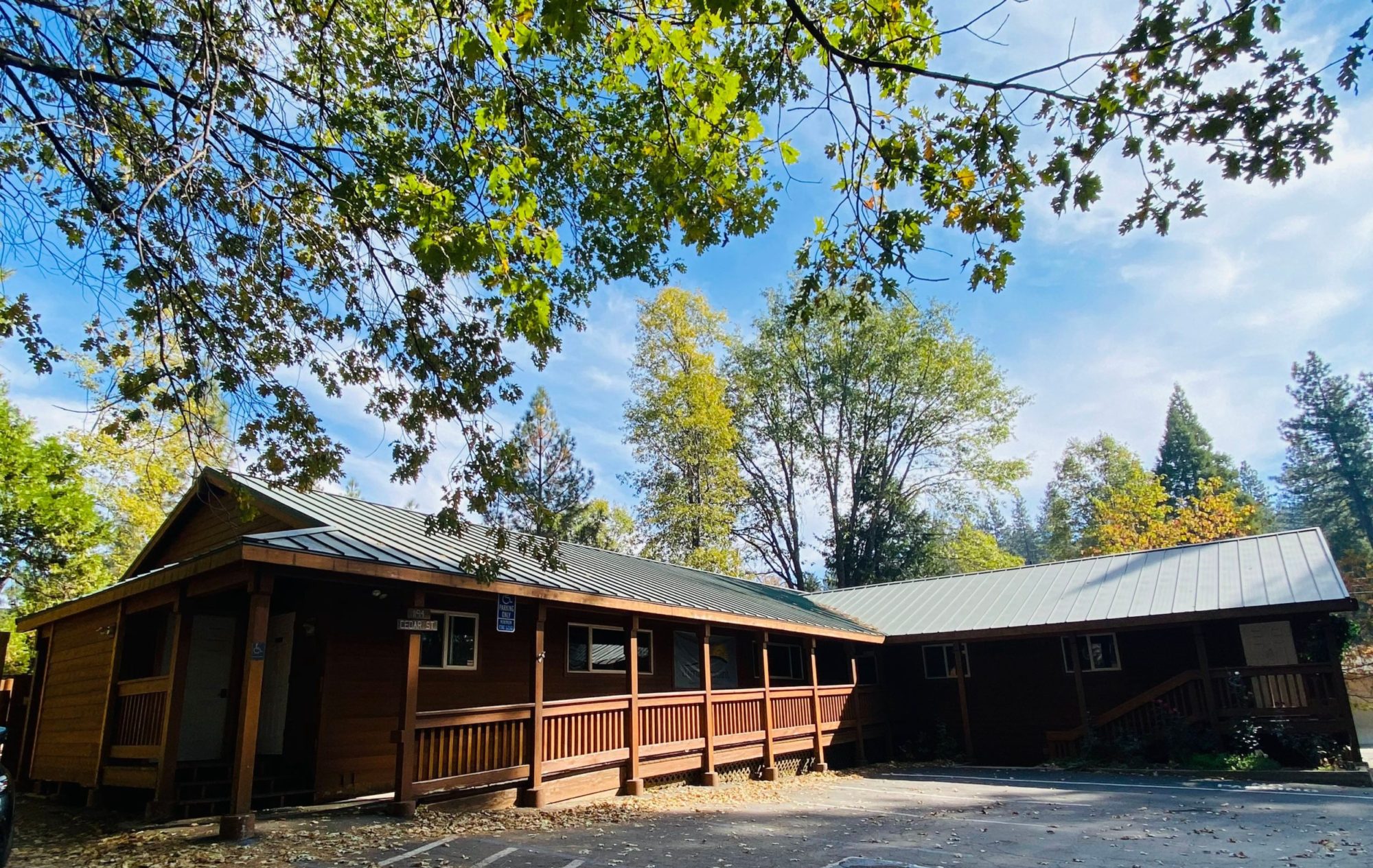 At Turning Point of Arnold, we know that empowering our clients from within is one of the most powerful ways we can promote successful recovery from addiction. Here is a look at how building self-esteem, self-worth, and identity contributes to an overall stronger recovery.
At Turning Point of Arnold, we know that empowering our clients from within is one of the most powerful ways we can promote successful recovery from addiction. Here is a look at how building self-esteem, self-worth, and identity contributes to an overall stronger recovery.
Addiction chips away at self-esteem.
Addiction has a way of chipping away at how we view ourselves and how we evaluate our self-worth. The addict might blame himself or herself, for example, for becoming involved with addiction. Alternatively, the physical effects of addiction could cause a change in physical appearance, which in turn spurn feelings of self-disdain. Relationships might crumble, job performance might decline, or home responsibilities may begin to slip. With addiction comes a variety of negative consequences, any of which can chip away at self-esteem and self-worth.
Building self-worth is essential for recovery.
Many individuals who are battling addiction struggle to find happiness and success, simply because they do not deem themselves worthy of such things. They see little value in making the effort to improve their lives, as they do not believe deep down that they are worth such effort. These negative beliefs, of course, are never true, and they can be a major roadblock to recovery. Deep, lasting recovery is made possible when individuals who are battling addiction are able to realize their self-worth—and in turn make life changes that flow from that sense of self-worth.
The right treatment approach can get you your identity back.
Of course, building self-worth and self-esteem is much easier said than done. Deep-seated beliefs cannot simply be brushed aside and forgotten. A comprehensive approach to treating addiction is essential, then, for helping those in recovery build the self-esteem and self-worth that they need to carry them through recovery. At Turning Point of Arnold, we include a variety of services in our residential treatment program to help individuals in recovery get their identity back after addiction. Personal and group therapy sessions give individuals the opportunity to discuss their unique struggles. Experiential therapy, such as hiking and kayaking, helps individuals discover new ways to express themselves. Targeted self-esteem, self-worth, and identity building classes address deep-seated issues that hinder recovery. Job placement and life skills training, meanwhile, help individuals transition back into life after intensive treatment.

